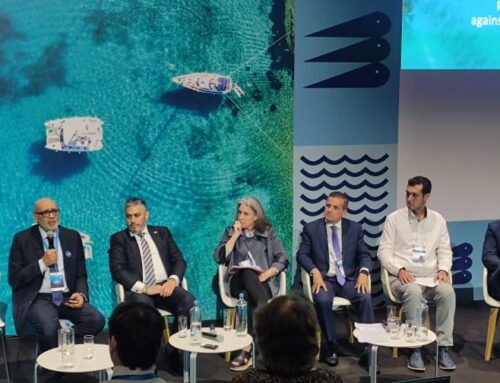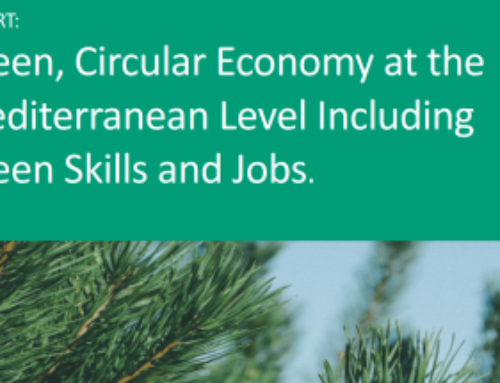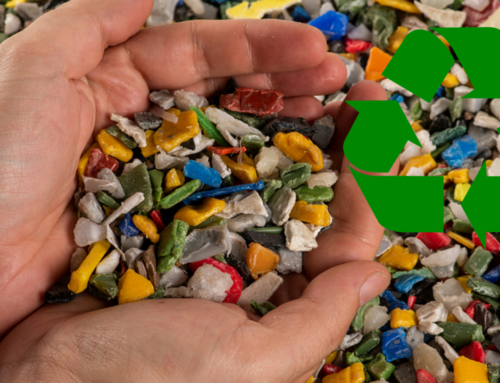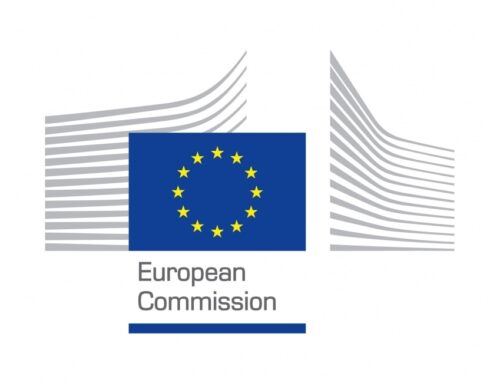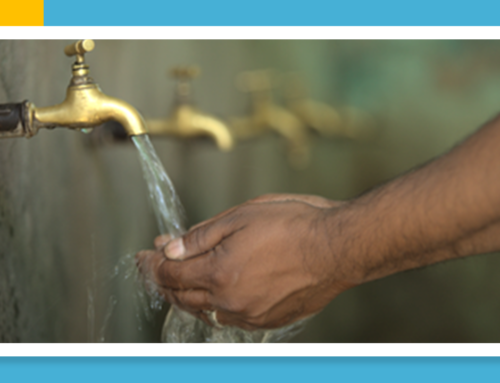The WES project has started the monitoring of seven EU funded Demonstration (DEMO) project. The projects, which were awarded through EU Calls for proposals, are focusing on the promotion of efficient use of water in urban and rural areas.
Under the predecessor of WES, the SWIM Horizon 2020 project, also a number of DEMO projects were guided and monitored. In order to exchange experiences in the field of project implementation, transferability and replication, WES organised a brainstorming meeting between the seven WES DEMO projects, the SWIM H2020 DEMO projects, relevant EU Delegations and relevant WES staff that will be involved in the monitoring of the DEMO projects.
Stavros Damianidis, WES Project Director, opened the brainstorm meeting by saying that WES is keen to provide support to enhancing the implementation of the projects. “Our key aim is to make these projects implementable, replicable, transferable and sustainable. As these projects are very important for the region and for the EU we are therefore organising this brainstorm to introduce the new DEMO projects and to learn from the previous DEMO projects.
Sylvie Fontaine, DG NEAR Task Manager, also welcomed the opportunity to exchange experience between the various DEMO projects. According to Mrs Fontaine, the first DEMO projects are indispensable to learn from their experience. Professor Michael Scoullos, WES Team Leader, added that he was pleased bringing together those two different groups as those projects are providing a unique opportunity to demonstrate practical methods, new approaches, and tools that are effective, useful, applicable and replicable, while at the same time playing a pivotal role in providing good practices and disseminating knowledge.
The purpose of the WES support to the DEMO projects is to make them more open, facilitate the dissemination of results, find synergies with other projects in the region and to facilitate links and synergies among the different DEMO projects. Each project will be monitored and supported by WES not only from a technical point, but also from a communication capacity building perspective in order to maximise their visibility and knowledge dissemination.
The seven DEMO projects that WES is supporting are:
- WISPER – Efficient Innovative Solutions Portfolio for Enhancing Resilience (Tunisia, Jordan)
- Innovative irrigation systems in the Saharawi refugee camps in Tindouf (Algeria)
- SavingWater, Growing Crops – Project Data (Lebanon)
- Promotion of integrated water resource management in an oasis environment (Morocco)
- Resilience of vulnerable communities through efficient water solution (Palestine)
- GAZA H2.O: Innovation and water efficiency (Palestine)
- ValEUr Gabes: Valorisation of urban water through innovative actions and instruments (Tunisia)


